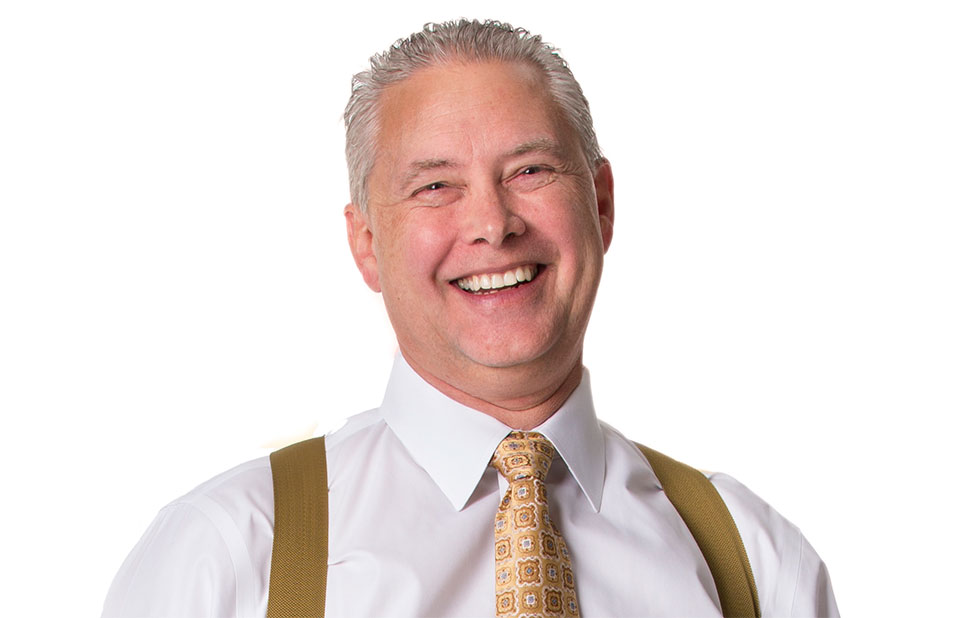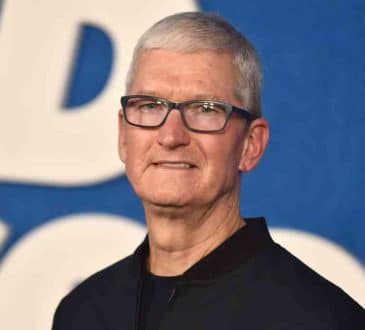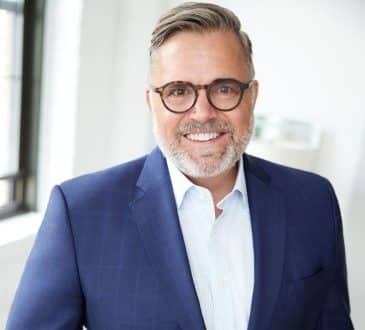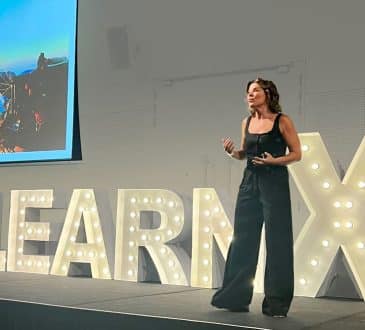Leadership Lessons CEOs Can Take From 2020

No one predicted what happened last year. Our vocabulary expanded, our world view was altered, and for many, the way and where we work changed. While some would like to forget 2020 and just move on, wise CEOs know there are rich lessons to be found in challenging and painful experiences. From our work with clients around the world – and from leading a remote team myself – I’ve reflected on some lessons and important questions to consider in the new year.
We must engage hearts (because we need more than people’s hands and heads)
It is no longer enough to supervise and direct. People bring their whole selves to work if we help them do so. We must take the time to know and understand our team members – and make it priority that all leaders in our organization do the same. As we learn who people are and what they need, we can appreciate them and their situation better. Doing this encourages people to blossom in their work and help them find meaning in their work.
Doing this allows people to work more effectively and productively and be more loyal to your organization too.
What are you and your leaders doing to know people well enough to engage their hearts?
You can’t have all the answers (and that is OK)
CEOs often pressure themselves into thinking they should know everything and have all the answers. If you didn’t know that to be an impossibility before 2020, it should be clear to you now. Not having all the answers is OK – and in fact, when you let go of your need to know it all, you can ask and engage your team to find answers with you. When we do that, we get more ideas, typically better ideas, and far more commitment.
When a new situation arises, how often do you ask, “what do you think?” or “how do you think we should handle this?”
Self-care isn’t selfish (in fact, it is critical)
Simply stated, if you aren’t at your best, you can’t give your best to others. Make sure you are getting enough sleep, eating well, and doing all those things mom taught you. Beyond that, make sure you are taking time for yourself, tending to your own development and more. Chances are that you are wisely encouraging those things in others. But if you aren’t setting the example with your actions, your words will ring hollow.
Are you taking care of yourself so you can be at your best for your team and organization?
Work-life balance starts with you (because you impact everyone more than you realize)
Work-life balance has been hard for many for a long time. Now that there is no physical distance between our work and the rest of our life, the two have blended together even further. The longer people work from home, the bigger this issue becomes. As a CEO, you can (and need to) engage people in a conversation about this, but more than that, you must take the balance seriously for yourself and model it for the team and the organization at large.
Here is a simple example: On weekends, you spend time on email and respond to updates. The emails you send arrive in the inboxes of your team. When they see your messages, they will likely reply. After all, they don’t want to look bad to you, or be the only one not responding, or feel like they are getting behind. And in that moment, the line between work and life is blurred further and the balance is altered – and not in good way.
What are you doing to promote a healthy work-life balance in your organization – and what example are you setting?
People can adapt and we can help (even when it is hard)
Too many leaders feel their team members are unwilling or even unable to change. This past year proved that worldview wrong. No one predicted or wished for the pandemic, but once it arrived, people worked hard to adapt. The circumstances were hard, but the need was clear. When we help people see a picture of the need, and then support people in making the change through resources, time, and support, successful change can and will take place.
How can you help people see the need for a change in a tangible and relevant way?
Communication is more important than we know (even though you already know that)
Your team and organization is dealing with all of the uncertainty and changes caused by the pandemic while doing their work too. That means the amount of communication needed has probably increased. So even if you are having more (perhaps too many) meetings, there probably isn’t enough communication. When we work remotely, the lack of the incidental and accidental communication means we must be even more intentional about making effective communication happen. Remember three things:
- Communication is two-way. Focus on more than your messaging but hearing from them too.
- We must use more platforms for our communication. Popping into their office may not be an option, and so we must use all of the communication tools at our disposal more effectively.
- Each communication carries more weight. With less interactions, each one matters more. Work on communicating each message more effectively – it will make a big difference more quickly than you realize.
It is important to note that none of these things became true in 2020 – they were already true. But each became more important, and if we were watching, more apparent, during a year of tumult and a significant change in how and where we worked.
While I hope you found this list helpful, and I really hope you will apply these lessons, finding your own lessons are critical too. Ask yourself, what are my leadership lessons from the pandemic? Your answers and your resulting actions will make you a better leader and CEO whatever the future holds.
—————–
Written by Kevin Eikenberry.
Add CEOWORLD magazine to your Google News feed.
Follow CEOWORLD magazine headlines on: Google News, LinkedIn, Twitter, and Facebook.
This report/news/ranking/statistics has been prepared only for general guidance on matters of interest and does not constitute professional advice. You should not act upon the information contained in this publication without obtaining specific professional advice. No representation or warranty (express or implied) is given as to the accuracy or completeness of the information contained in this publication, and, to the extent permitted by law, CEOWORLD magazine does not accept or assume any liability, responsibility or duty of care for any consequences of you or anyone else acting, or refraining to act, in reliance on the information contained in this publication or for any decision based on it.
Copyright 2024 The CEOWORLD magazine. All rights reserved. This material (and any extract from it) must not be copied, redistributed or placed on any website, without CEOWORLD magazine' prior written consent. For media queries, please contact: info@ceoworld.biz
SUBSCRIBE NEWSLETTER








